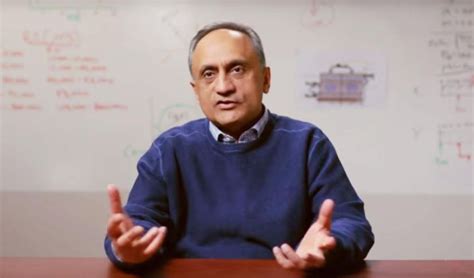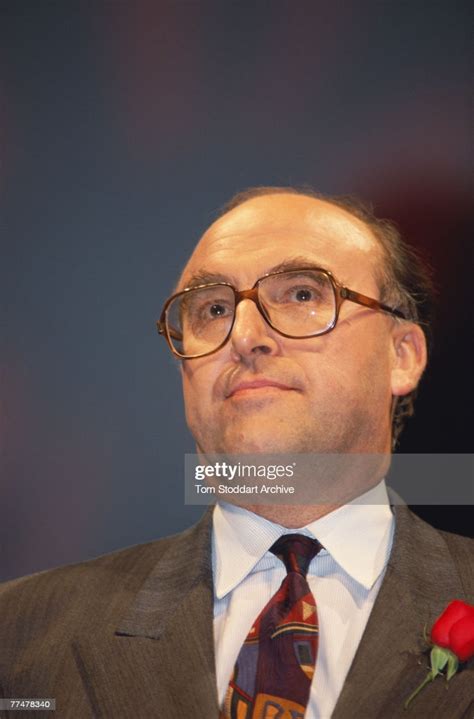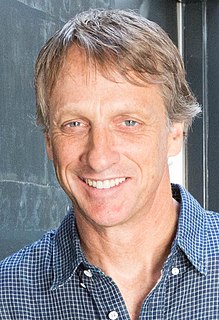A Quote by Henry Adams
That the American, by temperament, worked to excess, was true; work and whiskey were his stimulants; work was a form of vice; but he never cared much for money or power after he earned them.
Related Quotes
Money is one form of power. But what is more powerful is financial education. Money comes and goes, but if you have the education about how money works, you gain power over it and can begin building wealth. The reason positive thinking alone does not work is because most people went to school and never learned how money works, so they spend their lives working for money.
I have a real kind of fundamental philosophical belief that movies are better if everyone gets paid when they work, and if they don't work, the people who worked on them make a little bit of money, and the people who finance them, they lose, but they don't lose too much. I believe that that creates better work.
When our people were fed out of the common store, and laboured jointly together, glad was he could slip from his labour, or slumber over his taske he cared not how, nay, the most honest among them would hardly take so much true paines in a weeke, as now for themselves they will doe in a day: neither cared they for the increase, presuming that howsoever the harvest prospered, the generall store must maintaine them, so that wee reaped not so much Corne from the labours of thirtie, as now three or foure doe provide for themselves.
Henry David Thoreau, who never earned much of a living or sustained a relationship with any woman that wasn't brotherly -- who lived mostly under his parents' roof . . . who advocated one day's work and six days "off" as the weekly round and was considered a bit of a fool in his hometown . . . is probably the American writer who tells us best how to live comfortably with our most constant companion, ourselves.
It's probably simply a matter of temperament that I never stopped to wonder if I could "match" what I had done, never choked off my writing by competing with myself, or with anybody else for that matter. My ambition was absolutely centered on the work itself, never on what it would bring me, or "who" it would make me. I never cared about that at all.
I got married three days after graduation, and the first thing I did what I was expected to do which was to work on a small newspaper. So we were in Chicago where my husband worked for the Chicago Sun-Times and we were having dinner with his editor and he said 'So what are you 'gonna do honey?' and I said 'I'm going to work on a newspaper', and he said 'I don't think so", because Newspaper Guild regulations said that I couldn't work on the same newspaper as my husband.
In some socialist states well-performed work is rewarded with moral stimulants instead of material ones. However, the moral stimulants cannot be explained by materialistic philosophy. It is the same case with the appeals for humanism, justice, equality, freedom, human rights, and so forth, which are all of religious origin. Certainly, everybody has the right to live as he thinks best, including the right not to be consistent with his own pattern. Still, to understand the world correctly, it is important to know the true origin of meaning and of the ideas ruling the world.
I don't even think any stimulants really help writing. You talk to most guys and they say, "Hey. I wrote this." And they're out of their head or they had a few beers or a bottle of whiskey. You wake up the next morning, it's usually pretty crap. But you know Dylan Thomas wrote some great poetry. Brendan Behan. You never know but ultimately I'd say you have to get up early in the morning and you're usually sober when you write your good stuff; it's hard work. So alcohol, keep it for chilling out, fun, and having a good time. Not for work.








































